Refine search
Actions for selected content:
97 results in Cambridge Classical Studies
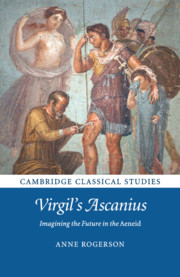
Virgil's Ascanius
- Imagining the Future in the Aeneid
-
- Published online:
- 02 March 2017
- Print publication:
- 20 January 2017
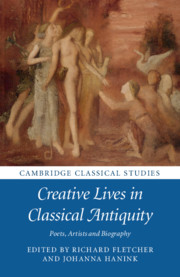
Creative Lives in Classical Antiquity
- Poets, Artists and Biography
-
- Published online:
- 01 December 2016
- Print publication:
- 21 November 2016
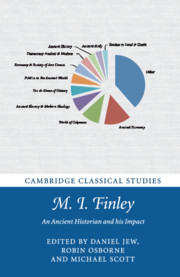
M. I. Finley
- An Ancient Historian and his Impact
-
- Published online:
- 20 October 2016
- Print publication:
- 13 October 2016
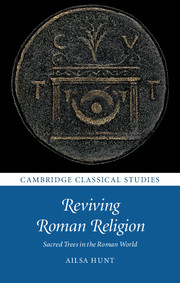
Reviving Roman Religion
- Sacred Trees in the Roman World
-
- Published online:
- 05 September 2016
- Print publication:
- 12 September 2016
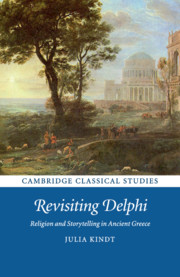
Revisiting Delphi
- Religion and Storytelling in Ancient Greece
-
- Published online:
- 05 September 2016
- Print publication:
- 26 September 2016
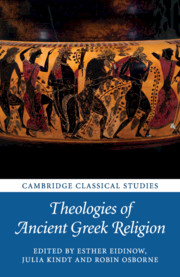
Theologies of Ancient Greek Religion
-
- Published online:
- 05 August 2016
- Print publication:
- 03 August 2016
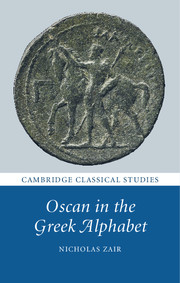
Oscan in the Greek Alphabet
-
- Published online:
- 05 February 2016
- Print publication:
- 01 February 2016
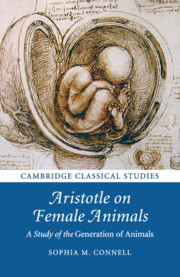
Aristotle on Female Animals
- A Study of the Generation of Animals
-
- Published online:
- 18 December 2015
- Print publication:
- 14 January 2016
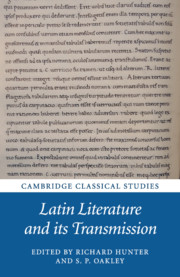
Latin Literature and its Transmission
-
- Published online:
- 05 December 2015
- Print publication:
- 26 November 2015
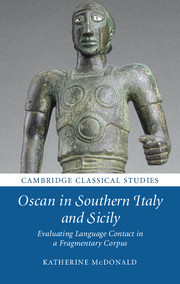
Oscan in Southern Italy and Sicily
- Evaluating Language Contact in a Fragmentary Corpus
-
- Published online:
- 05 October 2015
- Print publication:
- 01 October 2015
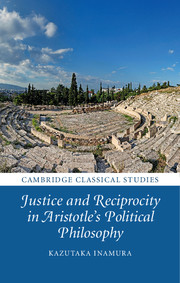
Justice and Reciprocity in Aristotle's Political Philosophy
-
- Published online:
- 05 September 2015
- Print publication:
- 17 September 2015
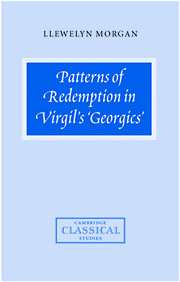
Patterns of Redemption in Virgil's Georgics
-
- Published online:
- 05 July 2015
- Print publication:
- 02 September 1999
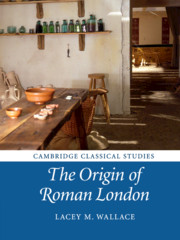
The Origin of Roman London
-
- Published online:
- 05 December 2014
- Print publication:
- 08 January 2015
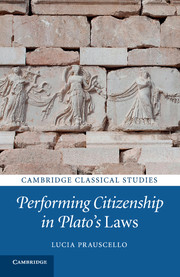
Performing Citizenship in Plato's Laws
-
- Published online:
- 05 December 2014
- Print publication:
- 13 November 2014
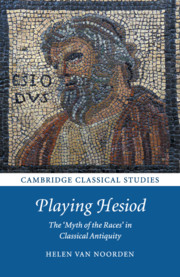
Playing Hesiod
- The 'Myth of the Races' in Classical Antiquity
-
- Published online:
- 05 December 2014
- Print publication:
- 15 December 2014
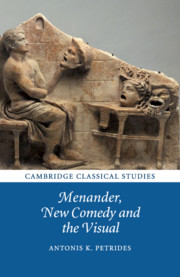
Menander, New Comedy and the Visual
-
- Published online:
- 05 November 2014
- Print publication:
- 06 November 2014
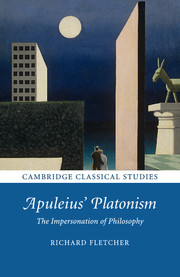
Apuleius' Platonism
- The Impersonation of Philosophy
-
- Published online:
- 05 August 2014
- Print publication:
- 17 July 2014
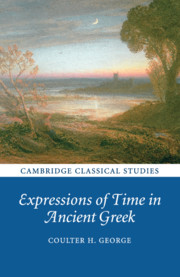
Expressions of Time in Ancient Greek
-
- Published online:
- 05 July 2014
- Print publication:
- 26 June 2014
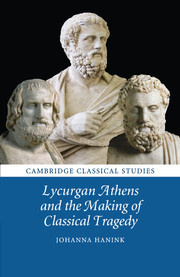
Lycurgan Athens and the Making of Classical Tragedy
-
- Published online:
- 05 July 2014
- Print publication:
- 19 June 2014
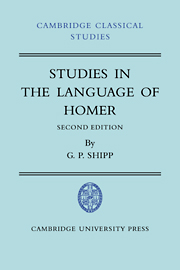
Studies in The Language of Homer
-
- Published online:
- 05 June 2014
- Print publication:
- 04 May 1972
